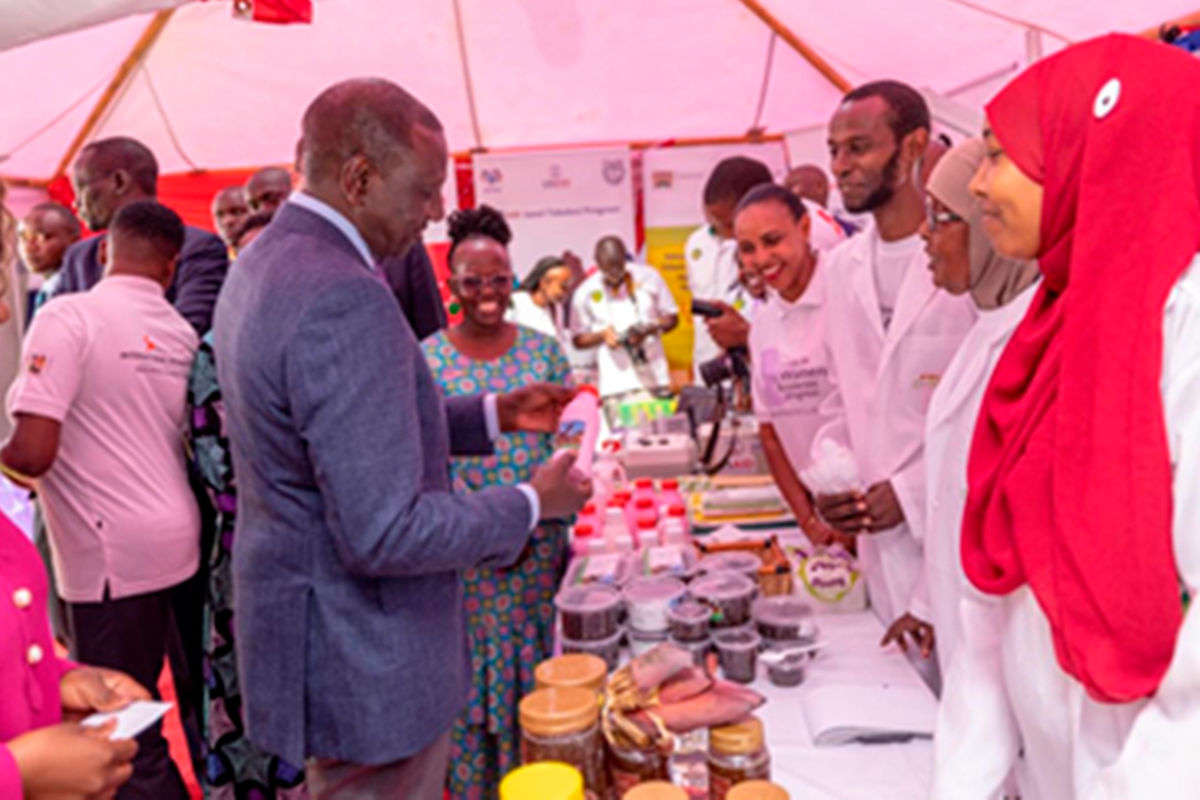
In a recent development, the United States Agency for International Development (USAID) has been working to boost Kenya's meat economy by supporting co-operatives and small and medium-sized enterprises (SMEs) in the northern region of the country. The aim is to transform the traditional pastoral economy into a more diversified cash-based economy. USAID has provided support to co-operatives by equipping them with modern equipment to enhance production. By aggregating meat from camel pastoralists, the co-operatives have been able to reduce operational and transport costs by half, resulting in a 15 percent increase in incomes. Additionally, USAID has provided training to co-operative members on proper food handling and facilitated access to sector experts. As a result of USAID's funding, the Tawakal Women's Co-operative in Isiolo County has constructed a camel meat processing plant and acquired equipment for processing dried camel meat. The co-operative now aggregates 3,000 liters of milk daily, indicating a remarkable 275 percent growth in business. These co-operatives have also created job opportunities for women and transporters, meeting the significant demand for camel products. USAID has further supported the co-operatives in their marketing efforts through exhibitions and large marketing events. Businesses such as INVEMS Poultry and Dairy Agencies and the Loiyangalani Fish Co-operative, which have received support from USAID, have significantly expanded their business options in products such as poultry, eggs, and fish, thereby increasing food security in the region. The emergence of feedlots, where farmers purchase animals, fatten them up, and then sell them, has also contributed to the commercialization of livestock production and the increase in pastoralists' incomes [49c236da].
This initiative by USAID demonstrates its commitment to supporting the development of Kenya's meat economy. By strengthening co-operatives and SMEs, USAID is helping to transform the traditional pastoral economy into a more diversified and sustainable cash-based economy. The support provided, including modern equipment, training, and access to experts, has resulted in increased production, reduced costs, and improved incomes for camel pastoralists. The establishment of a camel meat processing plant and the expansion of business options in poultry, eggs, and fish have further contributed to the growth of the sector and increased food security in the region. This collaboration between USAID, co-operatives, and SMEs showcases the potential for innovation and economic development in the livestock sector [49c236da].